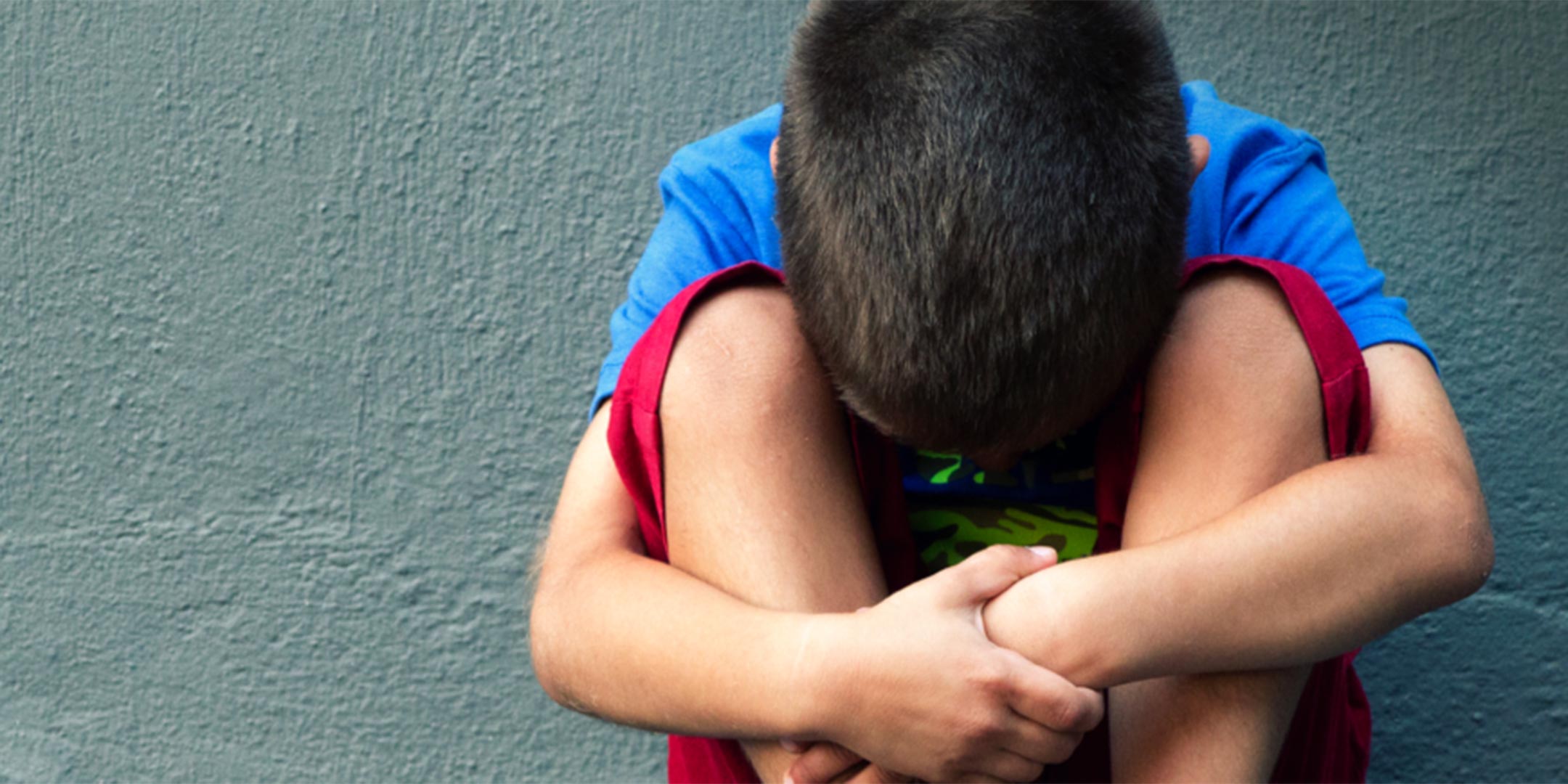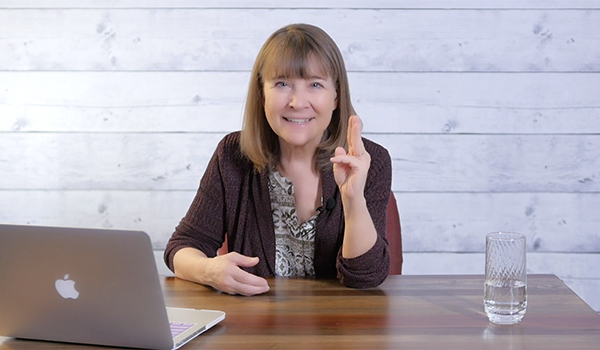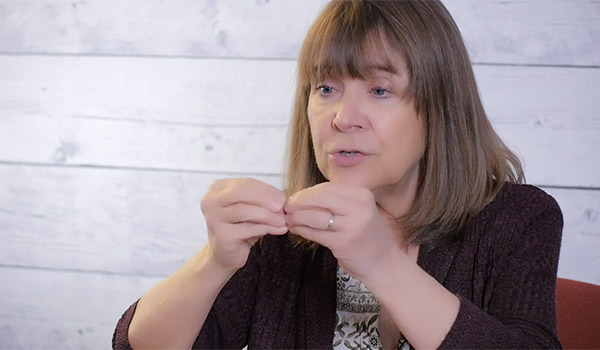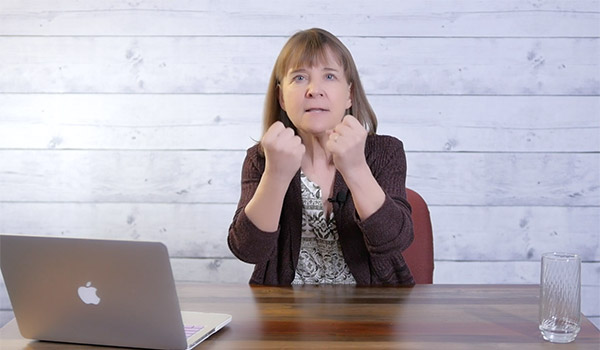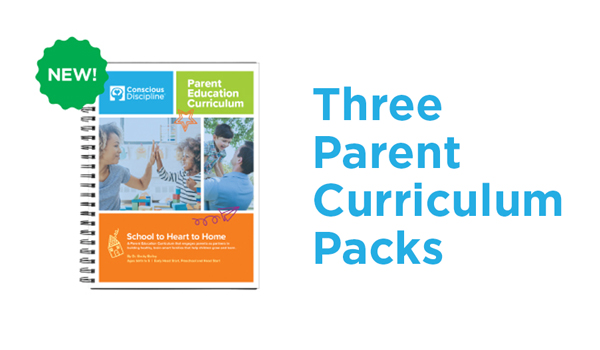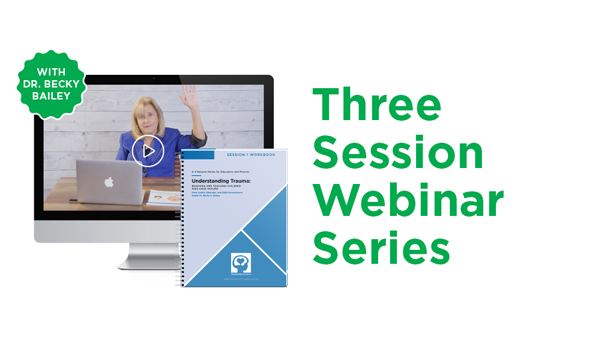![]()
Equip Adults and Children with Self-Regulation Skills that Increase Safety, Connection and Problem-Solving
Brain State Model
The Conscious Discipline Brain State Model recognizes three basic brain / body / mind states likely to produce certain behaviors. Intentional, state-specific responses enable access to advanced skills.
Learn MoreSeven Powers
The seven powers create a shift in the way adults see conflict so we can maintain composure and consciously respond to difficult situations. Adults’ ability to self-regulate is the precursor to teaching children social-emotional skills.
Learn MoreSeven Skills
These seven skills transform everyday discipline issues into teachable moments, equipping children with the social-emotional and communication skills needed to manage themselves, resolve conflict and develop healthy behavior.
Learn MoreEvidence-Based
At its core, Conscious Discipline inspires an intentional shift in both adults and children based on the identification and response to three unique brain states as the primary trigger for social-emotional development and learning.
Learn More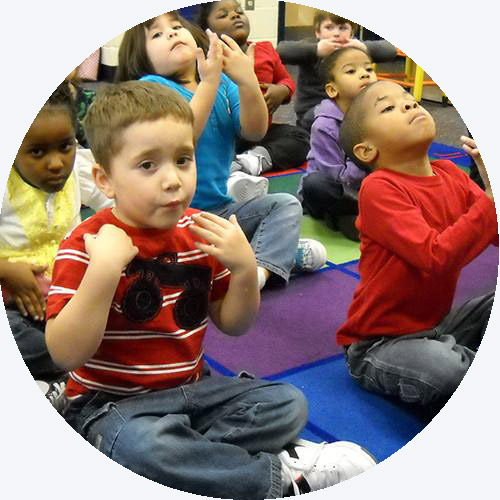
Child Welfare Workforce Training: A Three-Session Webinar on Reaching and Teaching Children with Trauma for Individuals and Groups with Dr. Becky Bailey
Understanding Trauma: Reaching and Teaching Children with Trauma provides both an informed knowledge base and specific strategies for healing trauma. Over the course of three video sessions, Dr. Becky Bailey examines how to disrupt the cycle of trauma by bringing new awareness to our current trauma epidemic. Sessions include self-regulation, connection and resilience interventions that build healthy, healing relationships with the power to help trauma-impacted individuals and communities. This series includes over 120 minutes of video teaching, three downloadable session guides and digital extras.
Conscious Discipline Excels in Harvard Analysis of Top 25 SEL Programs
In a study published by the Harvard Graduate School of Education and funded by The Wallace Foundation, Conscious Discipline was found to be one of only three SEL programs that focuses 75% or more of its content on Emotion/Behavior Regulation and Emotion Knowledge / Expression, and one of only 13 programs that focuses 50% or more of its content on Interpersonal Skills.
Parent Education Curriculum Yields Positive Outcomes with Head Start Families
In a study by Child Trends, Conscious Discipline’s Parenting Education Curriculum was found to improve parenting knowledge and skills, increase parents’ ability to manage their own emotions and respond to children’s challenging behaviors, and improve emotional management and behavior in children. Post intervention, parents reported using their new parenting skills more frequently than immediately after classes concluded.
![]()
Free Webinar Series: Building Safety and Connection in Foster and Adoptive Families with Amy Speidel, Foster and Adoptive Mother and Certified Instructor
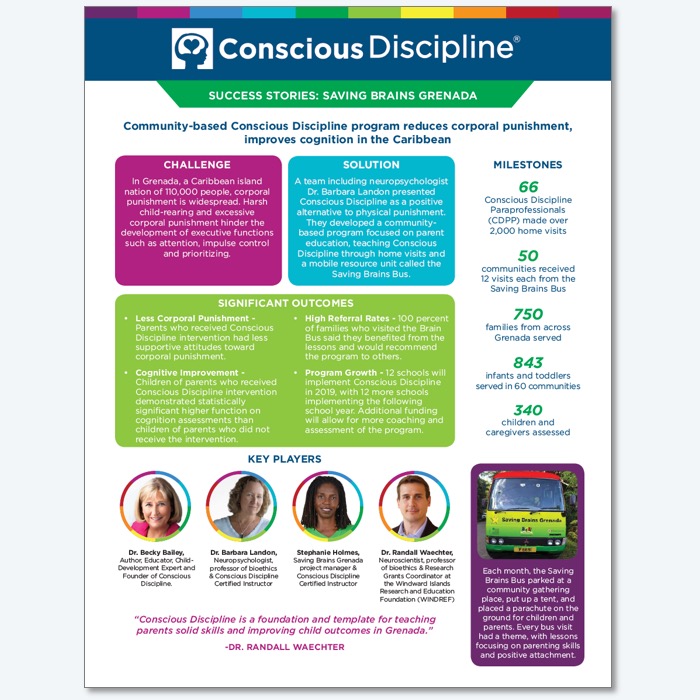
CASE STUDY: Community-based Conscious Discipline program reduces corporal punishment, improves cognition in Caribbean
In Grenada, a Caribbean island nation of 110,000 people, corporal punishment is widespread. Harsh child-rearing and excessive corporal punishment hinder the development of executive functions such as focus, organization, emotional regulation and impulse control. A team including neuropsychologist Dr. Barbara Landon developed a community-based program focused on parent education, teaching Conscious Discipline through home visits and a mobile resource unit. Parents enrolled in the intervention used corporal punishment less and had less supportive attitudes toward corporal punishment. Children achieved statistically significant improvements in cognition. The more children were exposed to Conscious Discipline, the greater the improvement in cognition.
Resources that Support Families
“Too many of the families that we work with tell us that when it comes to parenting they ‘came from nothing and have nothing.’ We aim to change that. Everyone deserves an emotionally healthy starting point for their family. Conscious Discipline offers a toolset that families can grow with.”

Dr. Becky A. Bailey Founder, Conscious Discipline
